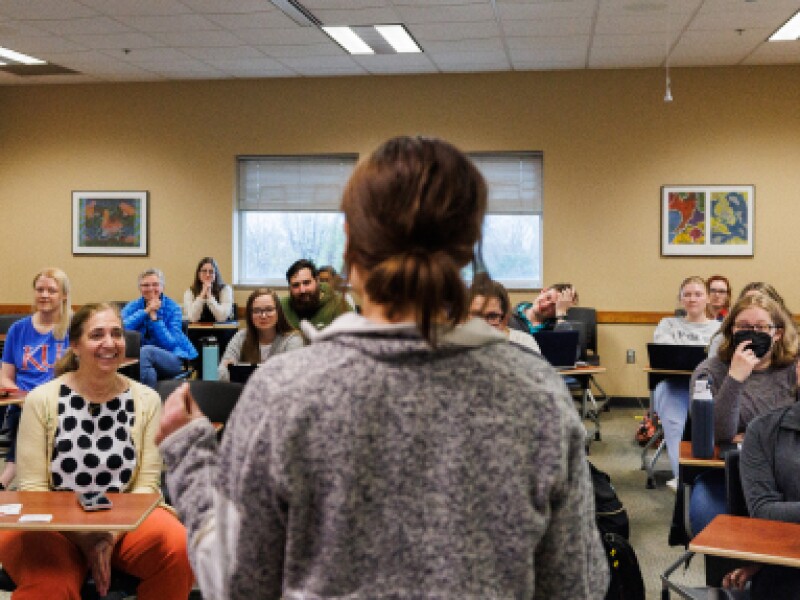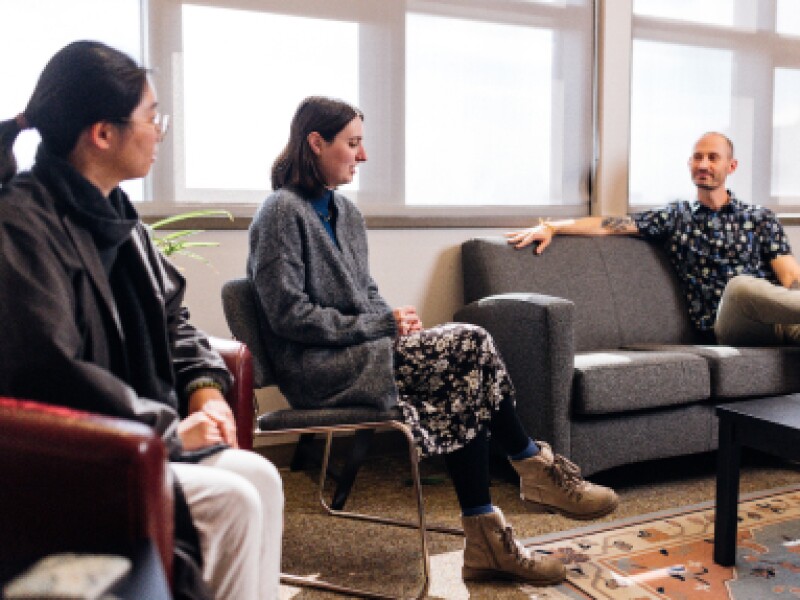Your playbook to the sports industry: KU’s online sports management master’s
Success in the sport industry is about more than on-the-field talent. Behind every institution is a team of professionals who can plan, lead, and deliver results behind the scenes. The University of Kansas online master’s in sport management* is built for that reality. This highly regarded program combines athletic prestige, extensive networks, and applied learning experiences to put you in the game. The experience is designed to help students build a market-ready portfolio, earn meaningful references, and translate course projects into real opportunities across professional teams, collegiate athletics, agencies, venues, and sport nonprofits.
*This program is a Master of Science in Education (M.S.E.) degree in health, sport management, and exercise science with an emphasis in sport management.
Designed to fit your life
- 100% online, designed for working professionals
- 8-week focused courses; three starts per year
- Portfolio aligned to NASSM competencies
- Required, customizable internship
- One-on-one alumni mentorship for every student
- No GRE requirement
Where this degree can take you
Build experience and a portfolio that translates across the sport sector. Graduates pursue roles in:
- Pro teams & leagues: marketing, partnerships, community impact/CSR, ticketing and service, game and event operations
- Collegiate athletics: fan engagement, development, facilities and operations, student-athlete support
- Agencies & brands: sponsorship activation, experiential, content and social strategy
- Venues & events: event logistics, guest experience, operations coordination
- Nonprofit & community sport: programming, outreach, fundraising
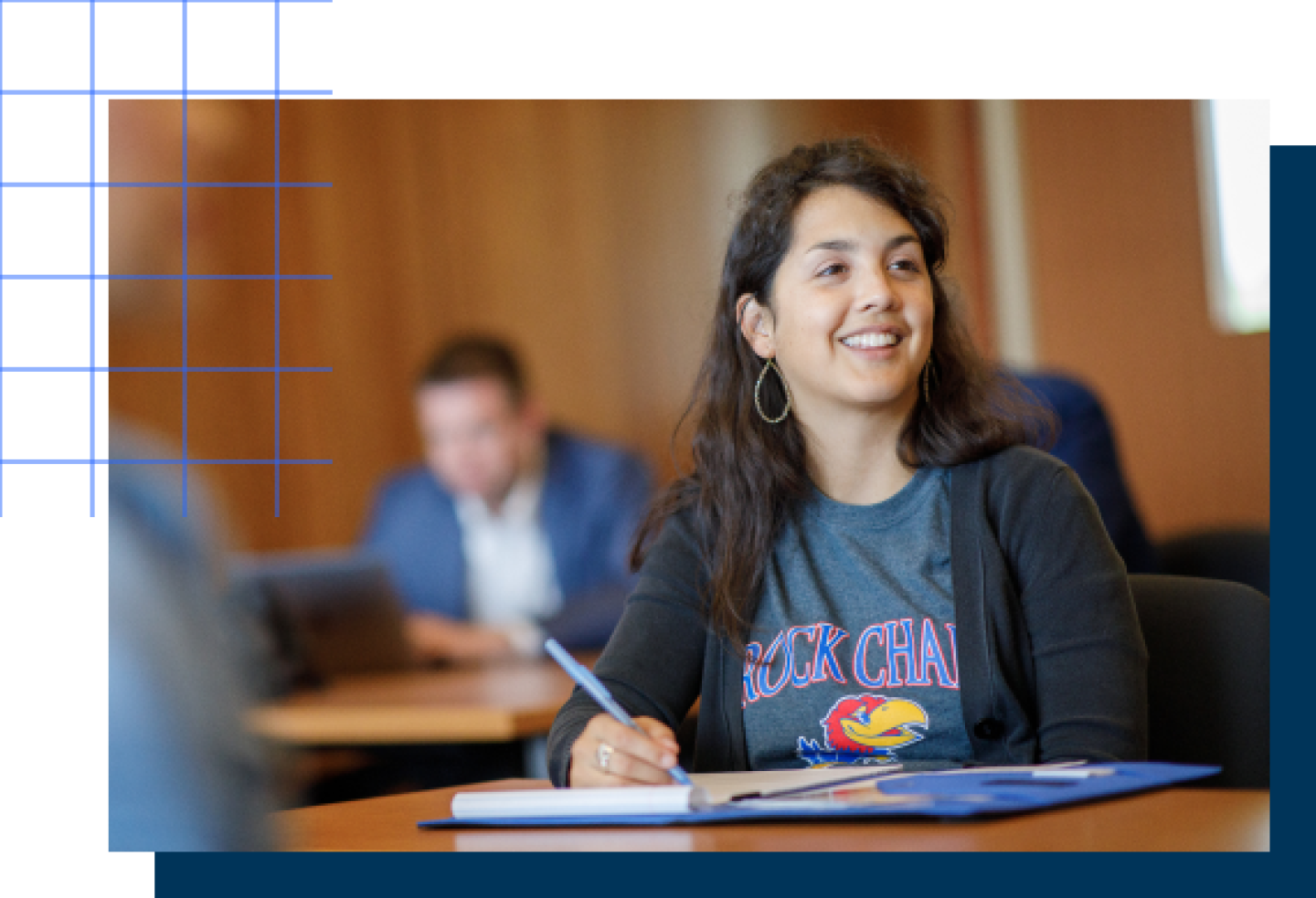
Where KU sport management alumni compete
Our alumni network spans major sports organizations nationwide. Students have worked across franchises, including:


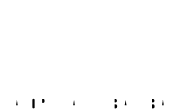

































From KU to the Kansas City Chiefs
A proud member of the Fort Peck Assiniboine tribes and student in the KU online sport management master’s program, Myltin Bighorn talks about his experience as the first LoneBear/H. Roe Bartle Rotational Intern for the Kansas City Chiefs.
Kick off your dream career in sport management
Through interactive learning, collaborative projects, one-on-one mentorship, and career programming, the University of Kansas master’s in sport management* will help you build relationships with classmates, expert faculty, and an alumni network that spans pro teams, collegiate athletics, agencies, and sport nonprofits.
Join us to experience:
- North American Society for Sport Management (NASSM) aligned curriculum
- Industry simulations and projects via Jayhawkville’s real-world scenarios
- A required, customizable internship
- One-on-one alumni mentorship and connections
*This program is a Master of Science in Education (M.S.E.) degree in health, sport management, and exercise science with an emphasis in sport management.
Take the Next Step
Join the big leagues with KU
R1 research designation
Experience by design
Meaningful connections
Rock Chalk Jayhawk: Our reputation of excellence
For generations, KU has set the standard in athletics—home to champions, innovators, and the birthplace of basketball. That same tradition of excellence drives our online master’s in sport management, where the culture of sport meets the rigor of a world-class education.
Make your game plan
Jeremiah is a seasoned admissions outreach advisor (and fellow Jayhawk), here to help you explore the sport management master’s and share his wisdom for successful graduate experiences. Working one-on-one with you, he can help guide you through the application process and answer all of your questions.
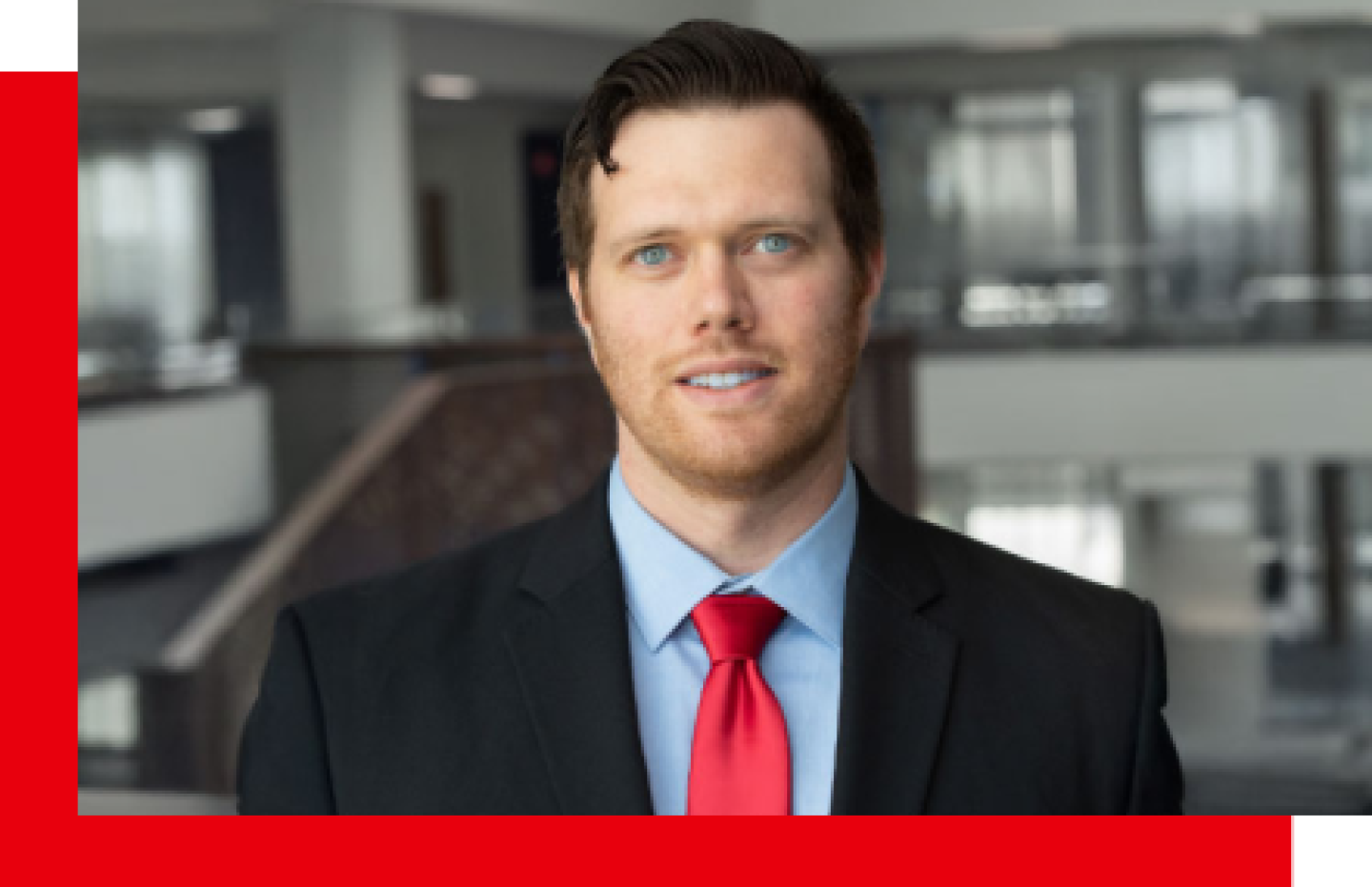
Master the Business of Sports
Ready to transform your passion for sports into a rewarding career? Join the ranks of successful KU sport management alumni making their mark across the sports industry.
- Retrieved on September 24, 2025, from usnews.com/best-graduate-schools/top-education-schools/university-of-kansas-06075
- Based on a limited sample of self-reported data from alumni of the University of Kansas School of Education online Sport Management program from 2021-2024 graduating cohorts
- Retrieved on October 22, 2025, from ncaa.com/history/basketball-men/d1 (1952, 1988, 2008, 2022)
- Retrieved on October 22, 2025, from ncaa.com/history/cross-country-men/d1 (1953)
- Retrieved on October 22, 2025, from ncaa.com/history/trackfield-indoor-men/d1 (1966, 1969, 1970)
- Retrieved on October 22, 2025, from ncaa.com/history/trackfield-outdoor-men/d1 (1959, 1960, 1970)
- Retrieved on October 22, 2025, from ncaa.com/history/trackfield-outdoor-women/d1 (2013)



